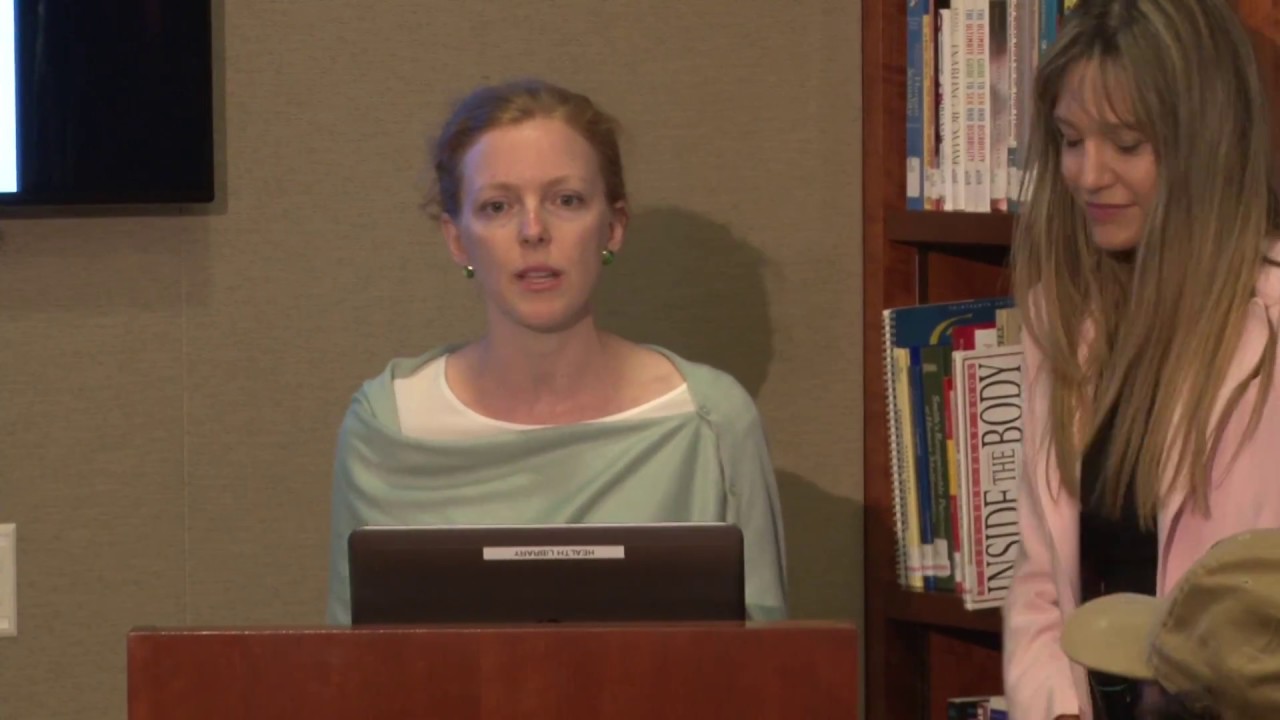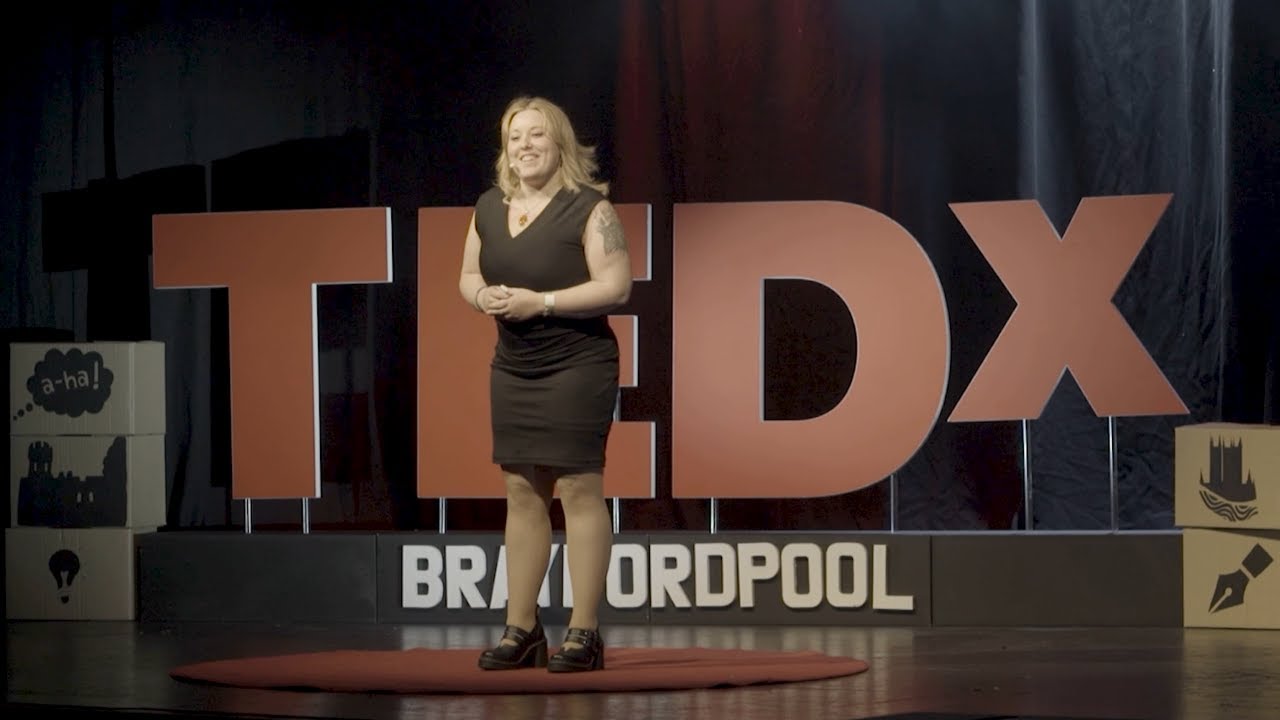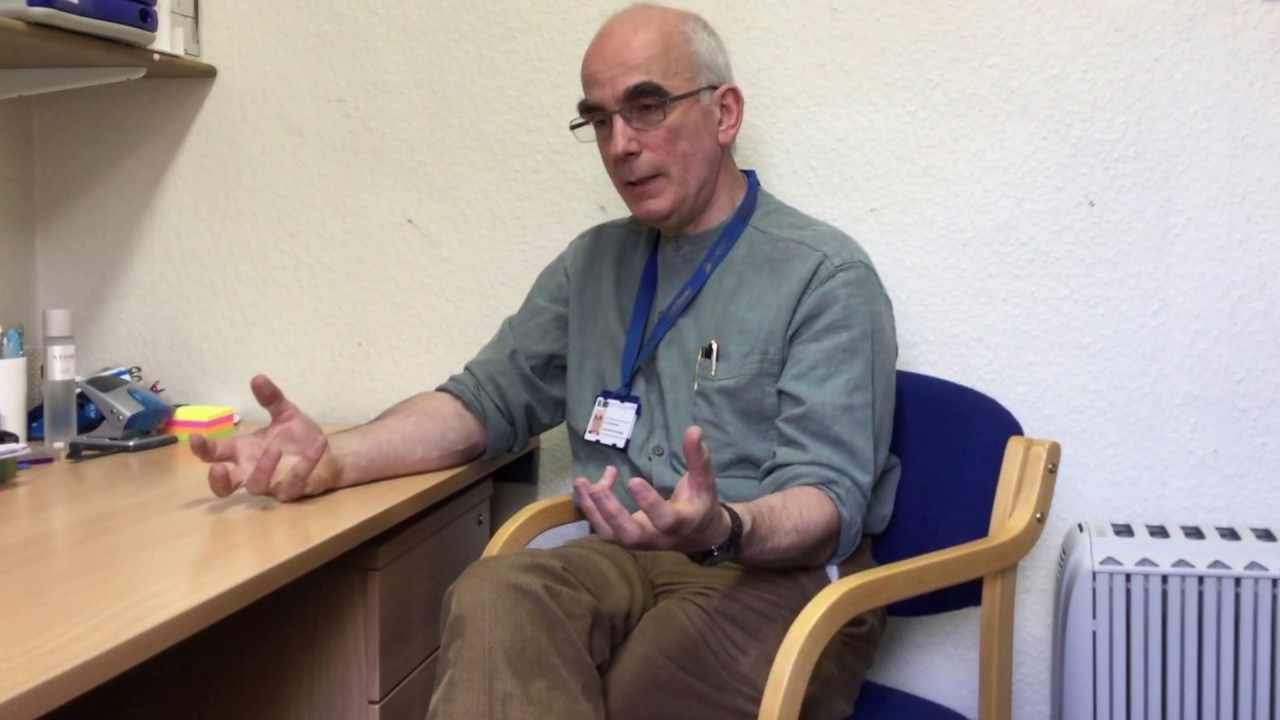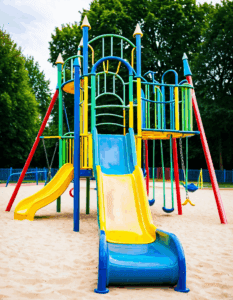When it comes to FND diagnosis, it’s essential to recognize what lies beneath the complex surface of this medical condition. Functional Neurological Disorder (FND) refers to a set of conditions where individuals experience neurological symptoms like seizures, movement issues, and sensory disturbances, all without any clear medical explanation. This can be incredibly puzzling for parents, especially when their loved ones exhibit these symptoms yet struggle to gain understanding and support from the medical community.
FND impacts many, with some studies finding it comprises up to 30% of neurologist referrals. This doesn’t make it rare; in fact, it highlights how prevalent and critical it is for society to grasp the nuances surrounding this disorder. Parents, unfortunately, often feel lost in navigating the challenges of understanding and supporting their children during this trying time.
At Mothers Against Addiction, we understand the emotional toll this can take on families. Our mission is to equip you with the knowledge and support needed to face these hurdles head-on. We’re here for you every step of the way as you work through the complexities inherent in an FND diagnosis.

Top 5 Misconceptions About FND Diagnosis and Treatment
FND might feel like a puzzle with missing pieces, but let’s break down some common myths to shed light on the matter.
It’s easy to think FND is rare, especially since diagnosis can be tricky. However, it impacts a considerable number of people. If you or your child have received an FND diagnosis, rest assured you’re not alone.
There’s a harmful misconception that people with FND are exaggerating or faking symptoms. In reality, their struggles are real, born from complex neurological processes. Imagine trying to explain a debilitating, invisible pain; how frustrating that must be!
Many people worry they’re stuck with FND symptoms for life. The truth is, symptoms can come and go. With the right treatment, including physiotherapy and psychological support, many experience improvement.
Although FND is often diagnosed after ruling out other conditions, new research shows specific biomarkers can help identify it. This allows for a more nuanced approach to understanding and treating those with FND.
Symptoms vary widely in FND patients. Some may experience motor function disturbances, while others may face cognitive deficits or sensory problems. It’s vital to recognize these individual experiences rather than generalize.

The Role of Perc 10 and Perc 30 in Pain Management Amidst an FND Diagnosis
Dealing with pain can complicate an FND diagnosis even further. Two common medications, Perc 10 and Perc 30, differ significantly and are used to manage such discomfort.
Balancing pain management is crucial for individuals battling FND. Collaborating with healthcare experts can provide clarity on the best approaches tailored to each case, keeping both efficacy and safety in mind.

Pathophysiology of FND: Current Research Insights
Modern research reveals fascinating insights into the complex mechanisms behind FND. Findings suggest that psychosocial factors and previous trauma may play significant roles. Recent studies have shown biological changes in the brain, including unusual activity in the motor cortex and altered connectivity among various regions.
These revelations mark a shift in how we perceive FND, as researchers begin to understand that functional changes in brain systems contribute to symptom manifestation. By grasping these insights, families can better comprehend their children’s experiences and seek the most appropriate care.

Innovative Treatment Approaches and the Future of FND Diagnosis
Glad tidings emerge from ongoing research into the treatment landscape for FND. New methods have borne fruit, ranging from cognitive behavioral therapy (CBT) to targeted physical rehabilitation techniques.
By embracing these innovative methods, we can brighten the lives of individuals dealing with FND. Hope can flourish with compassionate, individualized care, making a world of difference for families venturing through these challenges.

Perspectives from Those Affected by FND
Listening to personal stories from those living with FND enriches our understanding of this disorder. Many patients share their struggles against the backdrop of stigma and misunderstanding. Each narrative serves as a poignant reminder of the need for empathy and support from both medical professionals and society.
One mother shared, “Every day feels like a battle. I just want my child to feel understood.” These heartfelt experiences highlight the importance of fostering a compassionate approach in treatment. Vulnerability needs to be met with care, and education can pave the way to reduce misinformation.
As we work towards amplifying these voices, we hope to spur a movement that ensures all FND patients receive the respect and understanding they deserve. Through awareness, compassion, and active collaboration, we can ignite the change necessary to support individuals with this rare, yet present disorder.
Emphasizing Hope and Collaboration
Today, we remain optimistic about enhancing FND diagnosis and treatment. The exciting blend of groundbreaking research, innovative therapies, and empathetic care creates a brighter future for those navigating Functional Neurological Disorders. As we foster collaboration among healthcare providers, patients, and families, we can enrich understanding and shape effective treatment plans.
At Mothers Against Addiction, we’re committed to walking beside you through this journey. Remember, you’re not alone. Let’s embrace hope, resilience, and the power of community to support our loved ones facing the intricacies of FND. Together, we can face challenges, celebrate small victories, and advocate for awareness and compassion in treating all forms of addiction and disorder.
If you’re seeking resources or assistance, don’t hesitate to reach out. We’re here to help navigate everything from Labcorp Locations for testing to local drug testing services that provide support. Let’s take this journey together, hand in hand.
FND Diagnosis: Understanding a Complex Condition
The Basics of FND Diagnosis
Functional Neurological Disorder (FND) involves real neurological symptoms that don’t have an identifiable medical cause. Did you know that FND can mimic various conditions? It’s often compared to the way a sharpshooter can hit a target dead-on, yet fail to explain how they did it. In many cases, the symptoms might look like seizures or movement disorders, even though the brain isn’t malfunctioning in the traditional sense. Instead, there’s a significant disconnect between the brain and the body’s movements. This surprising twist is what makes FND so tricky for both patients and doctors.
The Statistics of FND
Interestingly, research suggests that about 1 in 3 people who visit a neurology clinic may be diagnosed with FND. Now, isn’t that a mind-boggling statistic? It’s crucial to highlight that more awareness can change lives, much like understanding Afrin addiction can help those affected seek the right resources. Treatment for FND often requires an interdisciplinary approach, combining physical therapy, psychological support, and sometimes medication. For families searching for support, locating a Medi center near me can be the first step towards recovery.
Road to Understanding FND
Navigating the emotional aspects of an FND diagnosis can be tough. Many individuals and their families experience frustration and confusion, not unlike working with Los Angeles mortgage Brokers in a competitive housing market. Understanding the intricacies of FND can provide not only clarity but also empower families to advocate for their loved ones. Moreover, communities like Denville promote programs that help people connect with others facing similar challenges, which is vital for healing.
While the journey through understanding FND diagnosis might feel overwhelming at times, remember that knowledge truly is power. With the right tools and support, families can turn the tide against the complexities of addiction and health, much like how iconic logos — think the Hooters logo — become widely recognized and spark conversations. By fostering awareness, we can move forward together, paving the way for more effective treatments and supportive measures for those affected by FND.





























